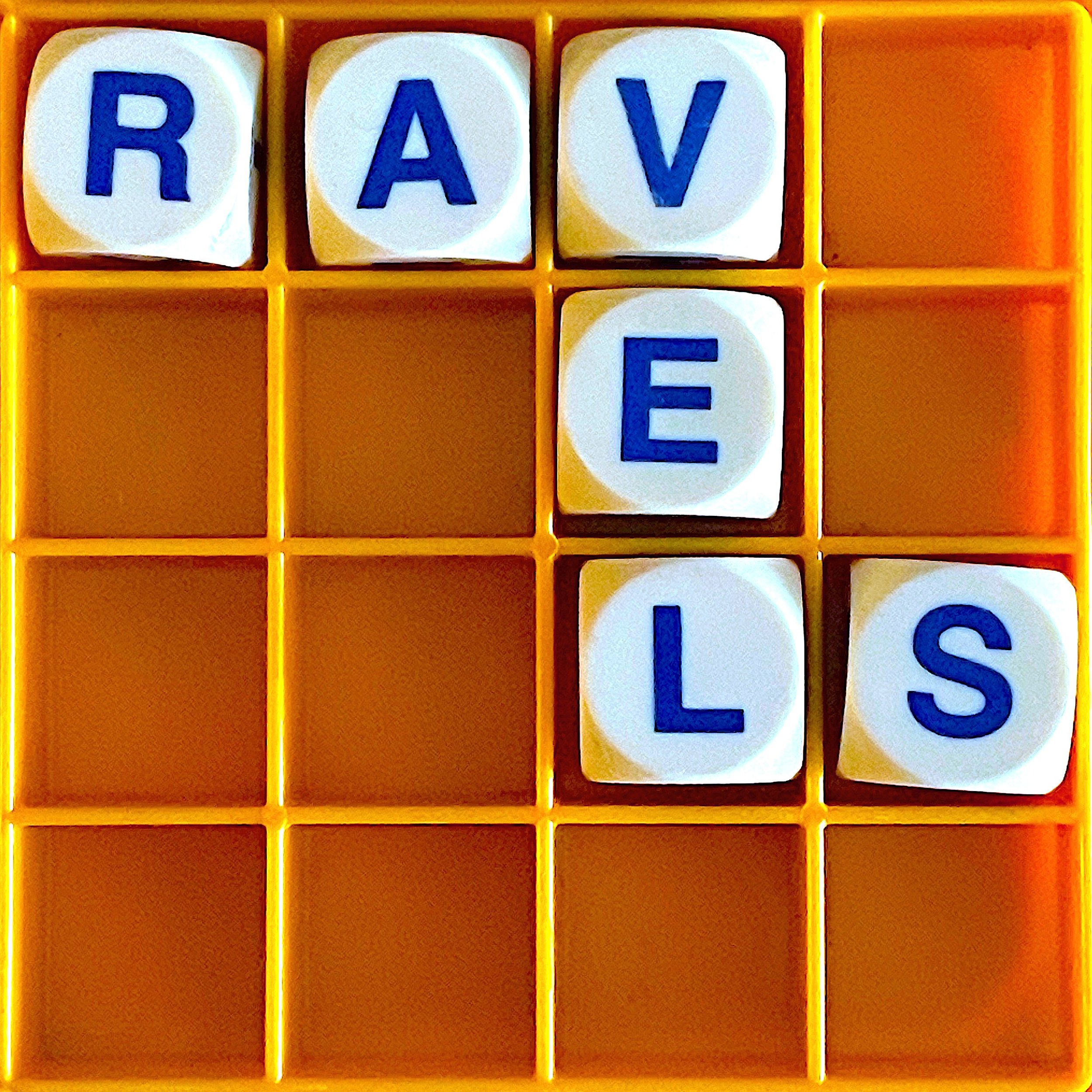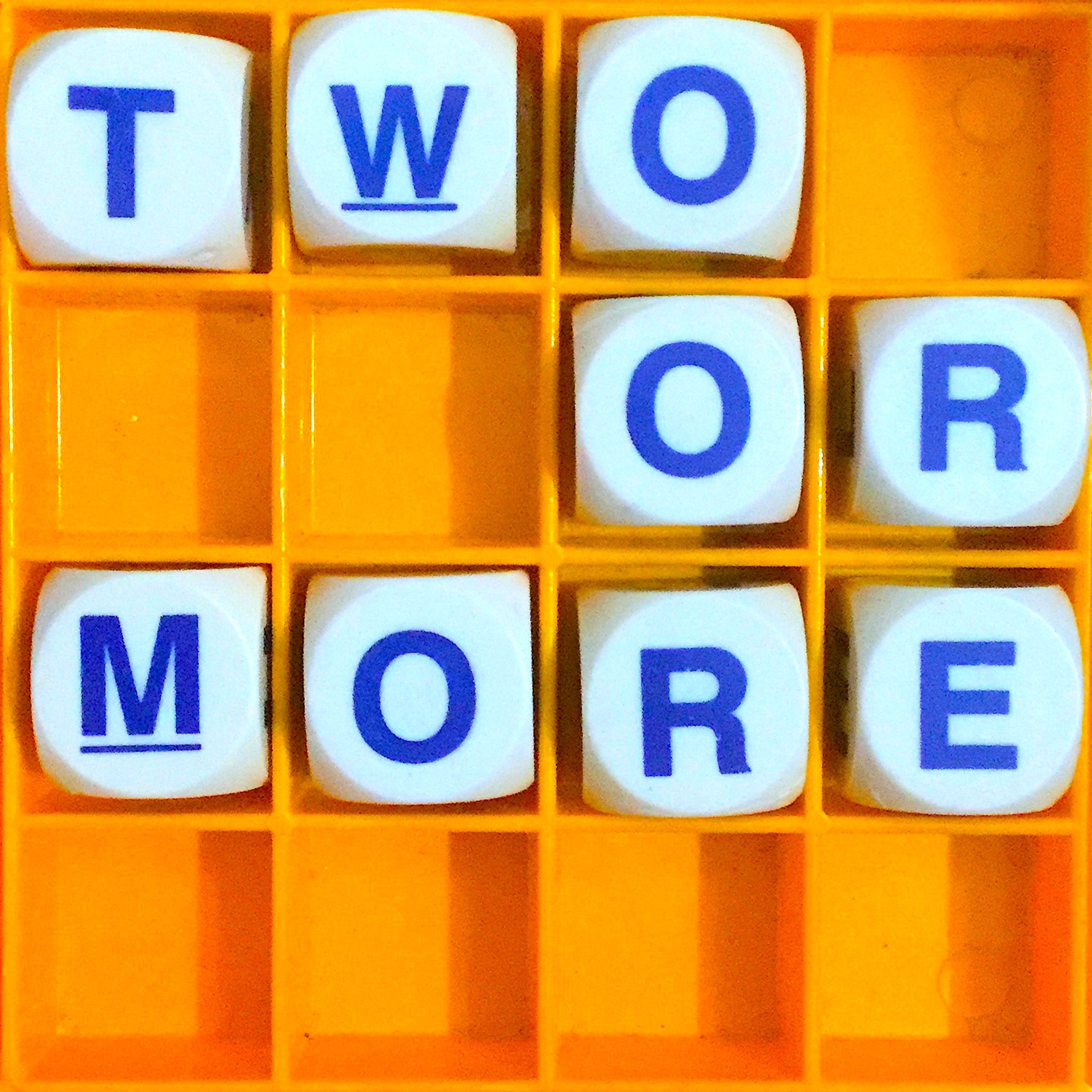MIRIAM FELTON: No; I think, as with most of these things, they're just named after people. The people themselves don't really have much association with it. Like the Earl of Cardigan didn't ever wear a cardigan as far as we know.
HZ: What? What?? I assumed that he was out there on the battlefields in a cardigan.
MIRIAM FELTON: Like a nice fair isle one with all the stranded colour work? That would have been awesome.
HZ: Just some kind of frontally divided knitted garment. But no?
MIRIAM FELTON: No.
HZ: What?!
MIRIAM FELTON: Not as far as we have any evidence.
Allusionist 152 Asperger transcript
EDITH SHEFFER: I do think it's important that Asperger's syndrome be removed as a distinct label. I don't think it's helpful medically and then ethically. Eponymous diagnoses are bestowed as an honour, to commend someone for one's life work and also to commend someone for discovering a condition. And arguably Asperger merits neither.
Read moreAllusionist 135 SOS transcript
PAUL TYREMAN: Three dots, three dashes, three dots. It's fairly easy to remember, it's easy to key, and it's difficult to confuse with other things.
CHRISTIAN OSTERSEHLTE: Maritime communication, especially in distress case, has to be distinctive, clear, and not subject to misunderstanding.
HZ: The main misunderstanding with SOS is that it stands for ‘Save Our Souls’ or ‘Save Our Ship’ or ‘Send Out Succour’. As if when your ship was sinking, your emergency message would be ‘send out succour’, cmon.
PAUL TYREMAN: It wasn't introduced because it meant anything.
Read moreAllusionist 109. East West - transcript
ÉTIENNE ROEDER: There are some words that still exist. There are some expressions you could still tell that these people that the people come from the East or the West. For example, in the Western part, they say ‘Plastik’, and in the Eastern part, I would say they say ‘Plaste’ because there was a company in the East - there was actually just one company in the East that produced plastics and that was called Plaste und Elaste, and because of that, all the people would call plastics ‘Plaste’. And you you could still tell today if someone says ‘Plaste’ and instead of ‘Plastik’ that this person is probably from the Eastern part.
ESTHER-MIRIAM WAGNER: ‘Plastetüte’ - plastic bag. I mean I remember going to school with a plastic bag and being sent home because it was a West German bag. This was a very precious item - you would keep a ‘Plastetüte’ for months and you would reuse it and reuse it and reuse it until it was just tatters. That was a precious object.
MATTHIAS EINHOFF: My son, when he tries to identify if someone is coming from a West German or East German family, he asks them how they call the thing that you put your bathroom things in: East Germans say ‘Waschtasche’ and West Germans say ‘Kulturbeutel’. And that’s the ultimate identifier whether you come from a East or West German family.
Read moreAllusionist 105. F'ood - transcript
NANCY FRIEDMAN: The 1920s were kind of a big era for inventive spellings, with V and K: Tasty Kakes with a K, that was the 1920s; Cheez It - C H E E Z I T, 1921 it was. They're cheesy crackers. And. Let's see. There's Cheez Whiz which is a little newer, 1952. These names have been around quite a while.
HZ: And is the idea with things like Cheez Its and Cheez Whiz that it's a cheese-esque product but it isn't technically cheese?
NANCY FRIEDMAN: It's got some dairy, usually some kind of whey product in it; but you're not meant to think that this is - first of all, it's not perishable the way cheese is. So yeah, they do have some family relationship to a cow; but it's not the pure product. We have to remember that there was a time when that was a nifty thing. It was modern and scientific.
HZ: Does anyone go for cheeese, spelled with a triple E, as a variant?
NANCY FRIEDMAN: I haven't seen any brands that are doing that. But now I will look for them.
HZ: You can have that on me.
NANCY FRIEDMAN: Yeah. That would be very internetty, to go for three or four vowels.
Allusionist 101. Two or More - transcript
MARK WILKINSON: If you talk about something a certain way for enough time over a sustained period of time then it will likely affect the way people perceive that issue, right? So if something is framed in a certain way over a sustained period of time, you always hear the same words for something, then eventually it frames the way you think about it.
HZ: In this case, he’s been studying the use and framing of the word ‘bisexual’.
MARK WILKINSON: I think bisexual - the word bisexual, and the people as well - the word has had a really rough go of it.
Read more





